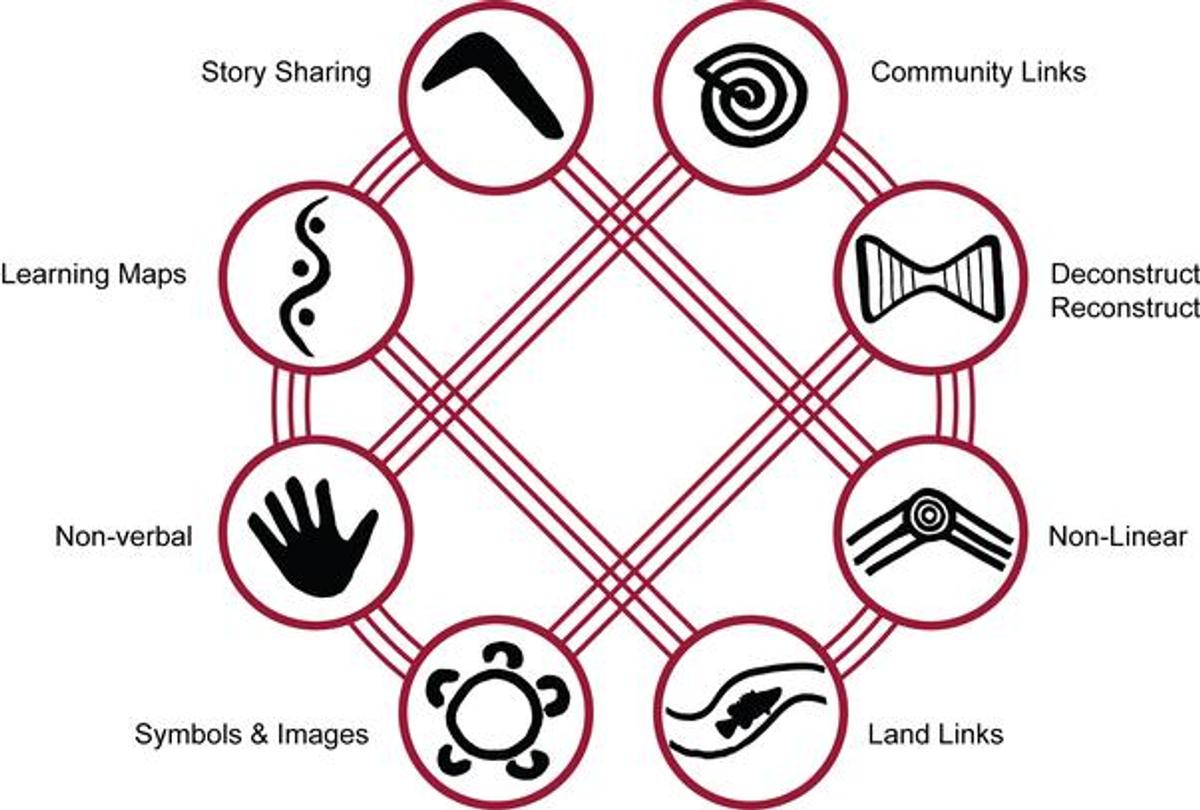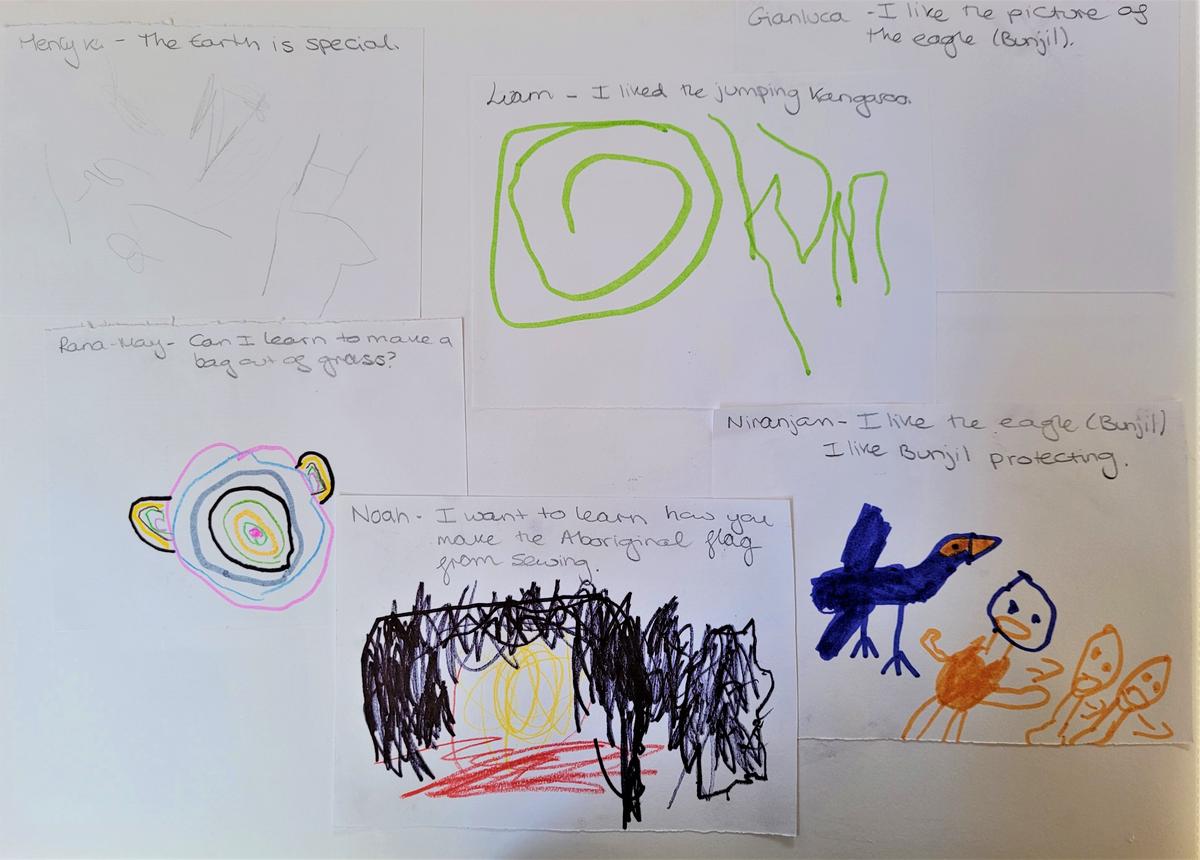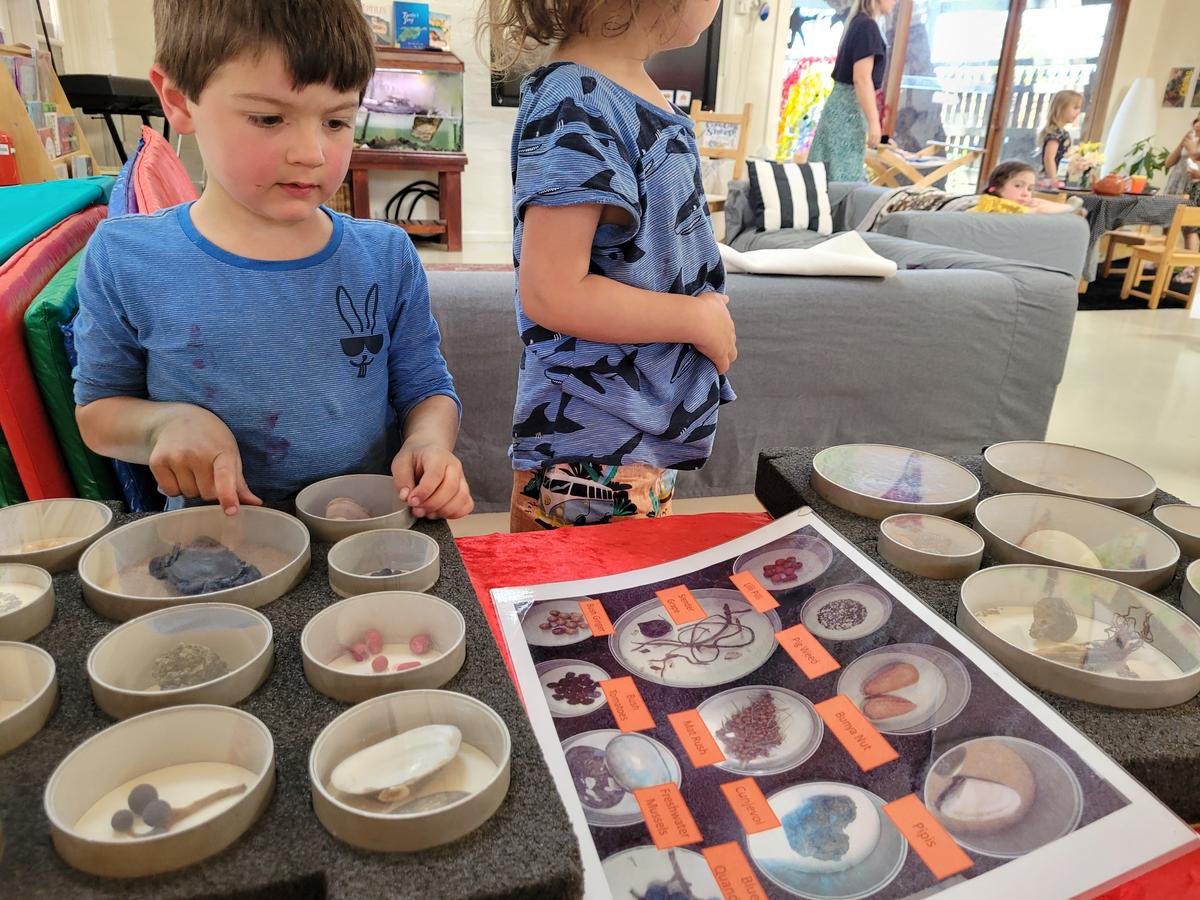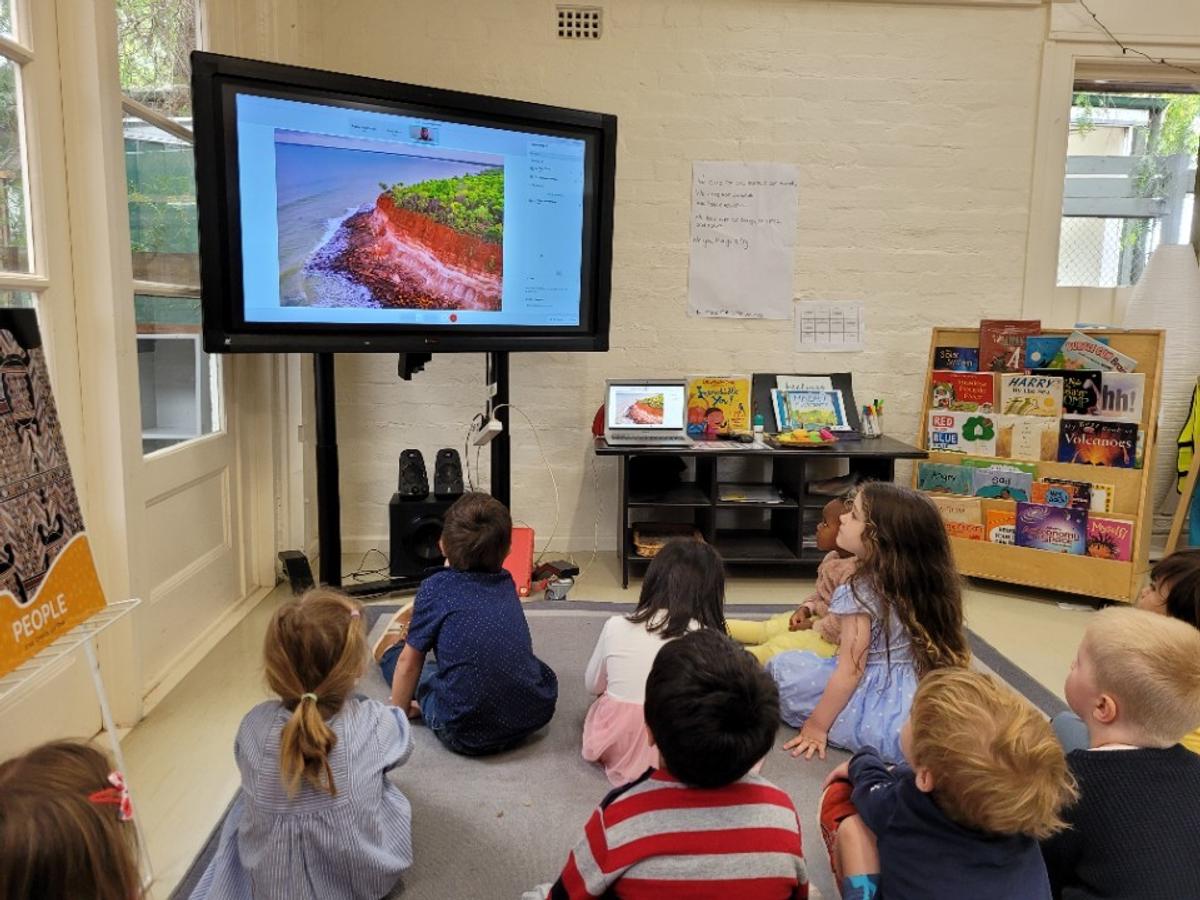Reconciliation
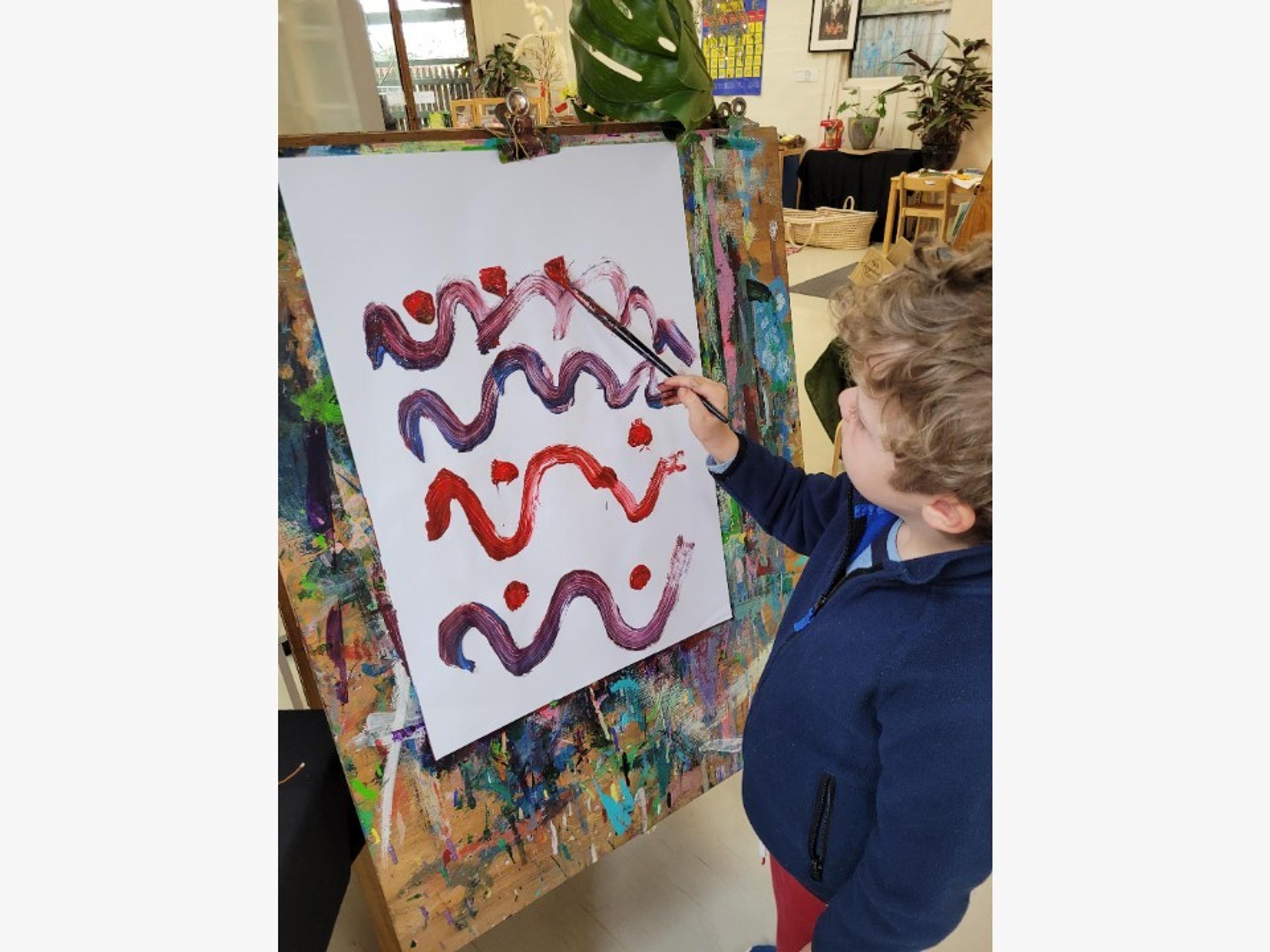
Preshil’s Acknowledgement Statement
Preshil respectfully acknowledges the Traditional Custodians of Countries throughout Australia and pays respect to Elders past, present, and emerging.
We acknowledge the people of the Kulin Nation as the Traditional Owners of the Land on which we are fortunate to have our school stand, and where we meet. We acknowledge all Elders past, present, and emerging of the Kulin Nation, and respect the unique and important knowledge, culture, and expertise of all Aboriginal and Torres Strait Islander peoples.
Preshil’s vision for Reconciliation
At Preshil, our vision for reconciliation is to deepen our community’s learning, understanding and awareness of Aboriginal and Torres Strait Islander histories, cultures, perspectives, and priorities. We wish to celebrate Aboriginal and Torres Strait Islander knowledge as an influence on where we are today and are proud to ‘be a part of' a place where there is such rich and unique expertise.
We appreciate the history of where we are and will endeavour to build our perspective of how we 'fit in' to the timeline of this land. We are grateful to be located on this land and do not underestimate our responsibility to it.
Working towards a reconciled Australia means giving our children the best, most honest information we can across the curriculum, and in everyday experiences. We wish to empower our children by giving them the ability to have an informed voice in regard to reconciliation and what is important to them as capable and active community members.
Our Reconciliation Action Plan journey began in early 2020. Input was gathered from staff and children across the school and considered as the document evolved. In March this year, Preshil’s Reconciliation Action Plan was approved and published through Reconciliation Australia’s Narragunnawali platform. Narragunnawali supports schools and early childhood services across Australia to develop their own Reconciliation Action Plans. The guidance the platform provides ensures that Preshil is engaging in a Reconciliation journey that is effective and respectful whilst being meaningful to the school’s community and locale. Our plan incorporates our Acknowledgement Statement, our Vision for Reconciliation, and a multitude of actions. Under each action, there are specific goals that we are working towards as a community.
Some examples of actions we have already taken on our journey include:
- Refining our print and verbal Acknowledgements of Country across both campuses.
- Compiling a growing collection of Aboriginal and Torres Strait Islander texts for children – both print and digital.
- Engaging in culturally consultative relationships with the Wurundjeri Council.
- Regularly updating a collection of contemporary sources to enable all staff to continue learning about Aboriginal and Torres Strait Islander knowledge and culture, and to have access to appropriate and genuine Koorie teaching resources.
- Celebrating and learning about key Koorie calendar events such as NAIDOC and Reconciliation Week in transdisciplinary ways.
- Learning about cultural protocols.
In the near future, some of our aims include to:
- Audit our curriculum and identify our strengths and areas for development in regard to reconciliatory content and practices.
- Incorporate Aboriginal and Torres Strait Islander storytelling practices and knowledge into our Anthology Week.
- Commence an exciting and innovative whole-school Reconciliation project with consultation from the Wurundjeri Council (the wheels are in motion… watch this space!)
Enacting a reconciliatory curriculum and developing a school community that lives the values of Reconciliation requires a multi-faceted approach. Reconciliation is about honesty, celebration, recognition, reflection, and working towards the ideals of a reconciled future whilst recognising the past. Children across Arlington explore these facets through their diverse learning experiences. The teachers are mindful of both teaching about, and teaching through, as encapsulated in the Aboriginal 8Ways framework which explains how the processes of teaching and learning are as valuable for reconciliatory learning as the content of curriculum.
This learning looks different for every age group. For example, over the last twelve months the Kindergarten children have explored Reconciliation in a variety of ways. They’ve learned and developed their Acknowledgement of Country which they have taught to their older peers. Koorie languages through podcasts, books, interactive apps, Dreamtime stories, and symbolism have been taught. The children have played a range of Aboriginal and Torres Strait Islander games through sport. Bush Tucker has been explored and they have made an exhibition in a box from the National Museum on the subject. The children researched the honest history of Australia’s colonisation and offered their reflections. They’ve engaged with local Aboriginal people, learning about arts and STEM. They enjoyed participating in events and learning sessions that celebrate Torres Strait Islander music, arts, and literature. Exploration of modern and historical Aboriginal and Torres Strait Islander artists and their techniques has been an inspiration to the children!
Current affairs and news items have been studied and they have expressed their ideas as young political activists. They’ve built respect for the natural environment and recognise the importance of their place in it’s care by learning about the practices of Traditional Owners. Learning has been taken home and the Kinder children have acted as teachers and advocates within their families.
Perhaps most importantly at Preshil, the children continue to be courageous in their questioning and take action to express their ideas for a reconciled community.
“Preshil will continue to challenge its children to think and to question, to act and to speak out, and to ultimately grow into thoughtful, responsible, informed, passionate and articulate adults who will do what they can to influence the world for the better.” - Preshil Courage Document (2010, page 50).
Poppy Woodhouse
Kindergarten teacher

